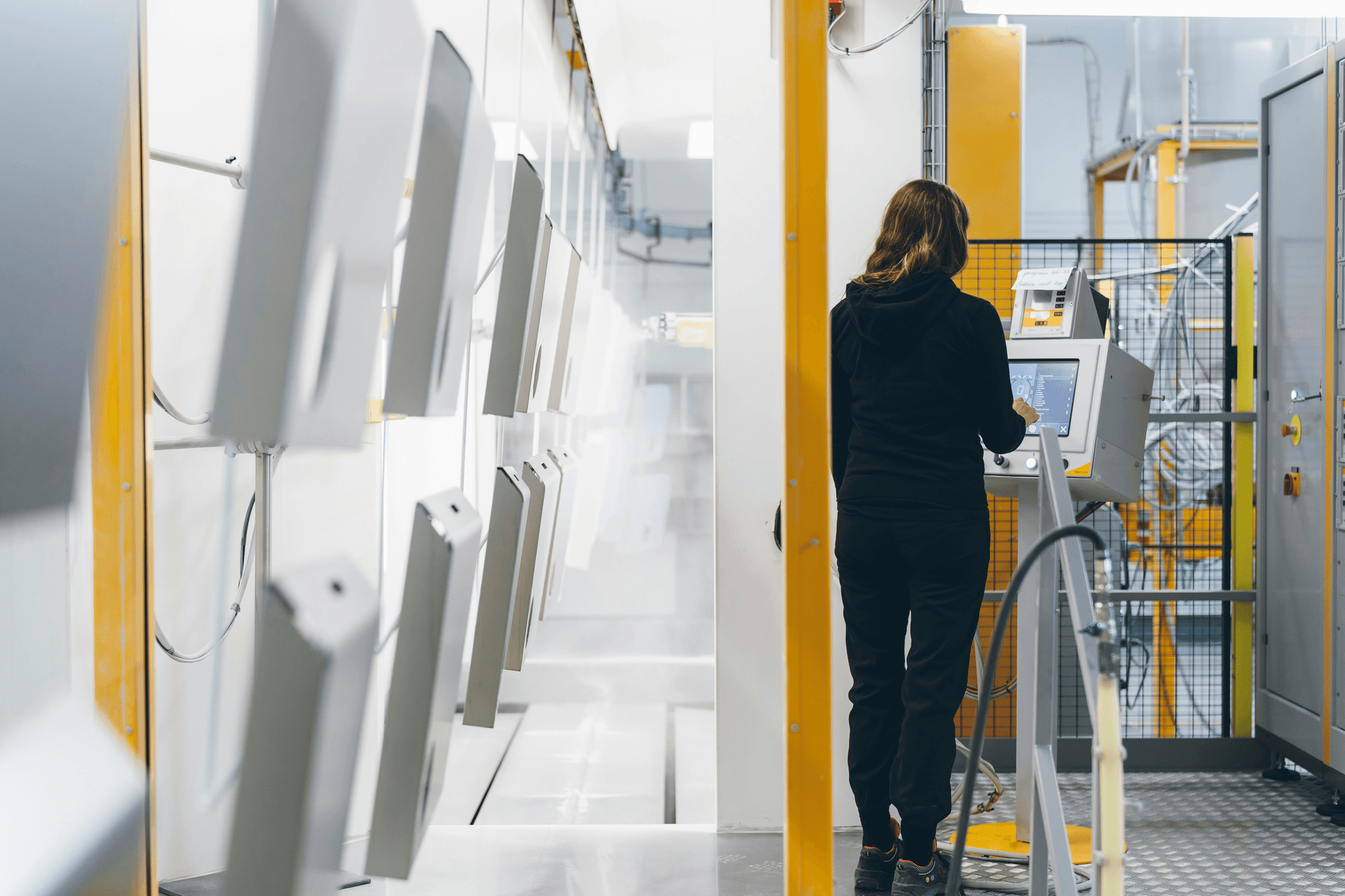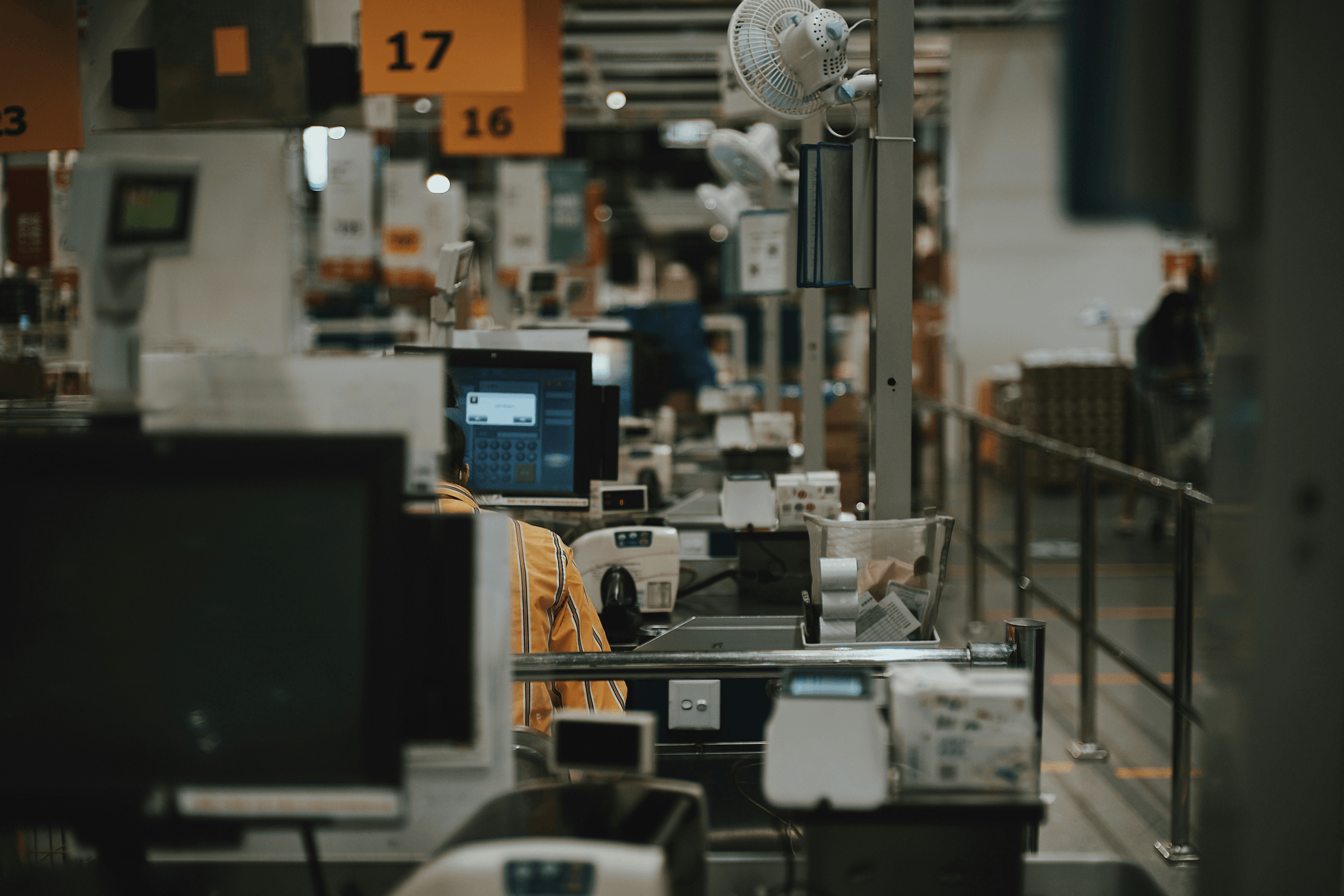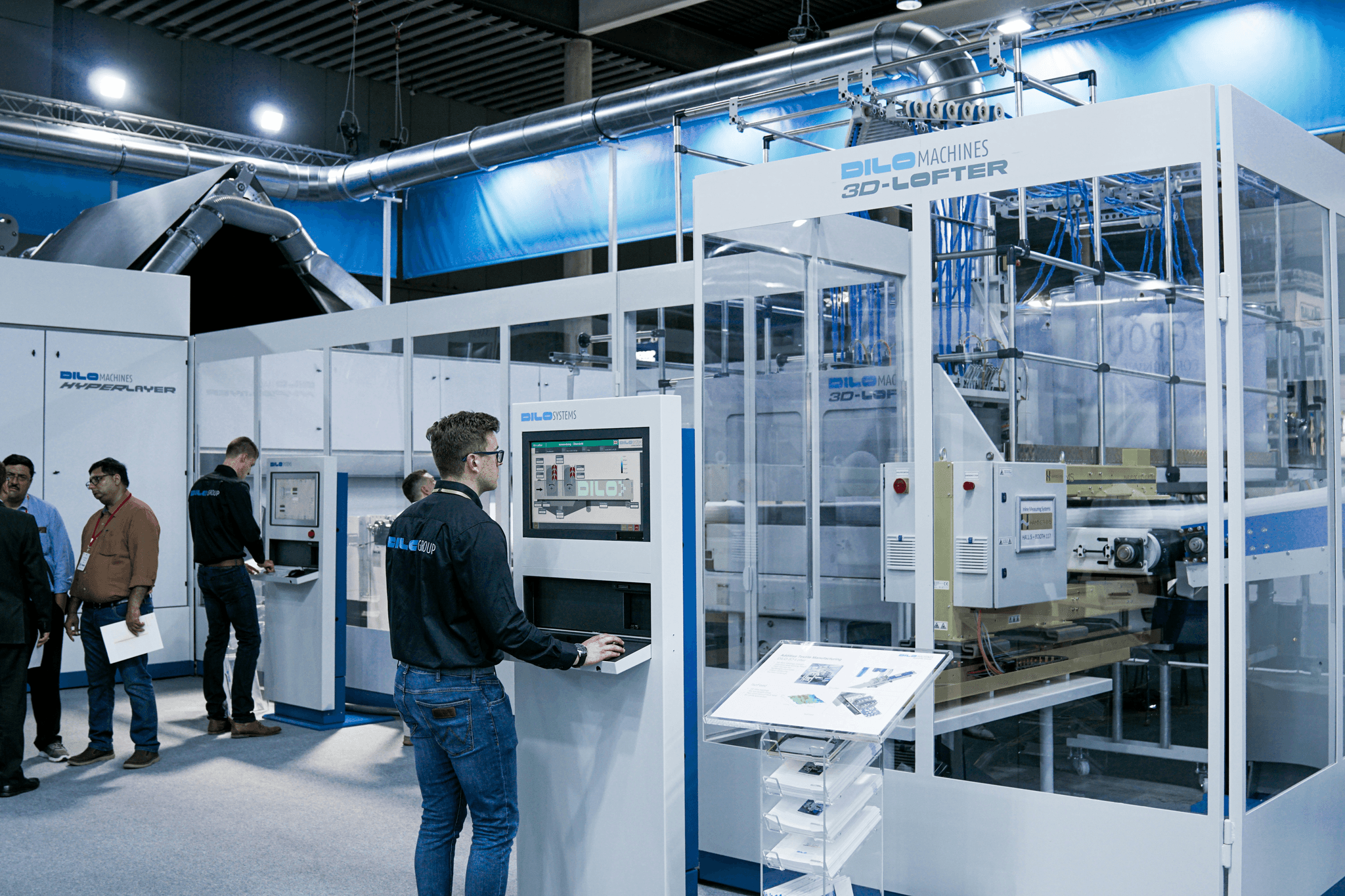Introduction

In the intricate world of global trade, understanding the nuances of a China factory audit is vital for businesses looking to establish reliable supply chains. A factory audit in China serves as a critical checkpoint, ensuring that manufacturers meet quality standards and comply with regulations. With the rise in international partnerships, the significance of these audits cannot be overstated; they not only safeguard investments but also enhance trust between companies and their suppliers.
Understanding the Importance of a China Factory Audit
So, why should businesses invest time and resources into a China factory audit? The answer lies in risk management and quality assurance. By conducting thorough audits, companies can proactively identify potential issues before they escalate into costly problems—ensuring that their products are manufactured to specification and delivered on time.
Key Benefits of Conducting a Factory Audit
The benefits of conducting a factory audit extend beyond mere compliance; they include improved product quality, enhanced operational efficiency, and stronger relationships with suppliers. When companies ask themselves, Do Chinese companies have to be audited? the answer often reveals that audits can lead to better practices within factories. Additionally, regular audits foster accountability among manufacturers, which ultimately contributes to more sustainable business practices.
Common Misconceptions About Audits in China
Despite their importance, several misconceptions surround factory audits in China that can lead businesses astray. Many believe that all Chinese companies are required to undergo rigorous auditing processes; however, this isn’t universally true—requirements vary significantly by industry and contract terms. Another myth is that audits are merely bureaucratic exercises; in reality, what happens in a factory audit is an insightful evaluation aimed at driving improvement and ensuring compliance with regulatory standards.
The Basics of a China Factory Audit

When diving into the world of manufacturing in China, understanding the fundamentals of a factory audit is crucial. A china factory audit serves as a critical checkpoint for businesses looking to ensure that their suppliers meet specific standards. This section will clarify what a factory audit entails, whether Chinese companies are required to undergo audits, and why compliance and transparency are paramount.
What is a Factory Audit?
A factory audit is an evaluation process designed to assess various aspects of a manufacturing facility, including production capabilities, quality control measures, and working conditions. During this process, auditors meticulously examine documentation and operations to ensure they align with industry standards and client expectations. Essentially, it’s like giving your supplier’s production line a thorough health check-up—one that can save you from future headaches.
Do Chinese Companies Have to Be Audited?
While not every Chinese company is mandated to undergo regular audits, many industries have established guidelines that necessitate some form of auditing for compliance purposes. In sectors such as electronics or food production, regulatory bodies may require factories to be audited periodically to maintain operational licenses or certifications. So while the question Do Chinese companies have to be audited? can vary based on industry specifics, the trend leans towards increased scrutiny for better accountability.
Importance of Compliance and Transparency
Compliance and transparency are not just buzzwords; they are essential components in maintaining trust between businesses and their suppliers in China. A robust china factory audit helps identify potential risks related to labor practices, environmental regulations, and product safety standards—issues that could otherwise lead to significant legal repercussions or reputational damage. By prioritizing these values through regular audits, companies can foster long-term partnerships built on integrity rather than uncertainty.
What Happens in a Factory Audit?

A factory audit is not just a mere formality; it’s a comprehensive examination of the factory's operations, compliance with regulations, and overall quality control measures. Understanding what happens in a factory audit can demystify the process and help businesses prepare effectively.
Typical Audit Procedures Explained
During a china factory audit, auditors follow a structured procedure to ensure thorough evaluation. First, they review essential documentation such as business licenses, quality control records, and production processes to verify compliance with regulations. Next, auditors conduct on-site inspections where they observe manufacturing practices firsthand and assess working conditions to ensure safety standards are met.
The process also includes interviews with employees at various levels to gauge their understanding of operational protocols and compliance requirements. By engaging with staff members, auditors can identify training gaps or areas needing improvement that might not be evident from documents alone. This multi-faceted approach ensures that all aspects of the factory's operations are scrutinized for adherence to industry standards.
Roles of Auditors in the Process
Auditors play a pivotal role in ensuring that the china factory audit is conducted impartially and thoroughly. They act as independent evaluators who bring expertise and objectivity to the table, helping companies understand their compliance status better. Their primary responsibility is to gather evidence through observations, interviews, and documentation reviews while providing recommendations for improvement where necessary.
Additionally, auditors must maintain clear communication throughout the process to keep both management and staff informed about findings and expectations. They compile detailed reports outlining any non-conformities discovered during the audit along with actionable steps for resolution. Their insights can be invaluable for companies looking to enhance their operational efficiency or rectify issues before they escalate into larger problems.
Key Areas of Focus During Audits
In any china factory audit, certain key areas are typically prioritized to ensure comprehensive evaluation of operations. These include quality management systems where auditors assess how products are manufactured according to specified standards; this helps answer questions like Do Chinese companies have to be audited? by establishing accountability measures within production lines.
Another critical area is labor practices; auditors examine worker treatment including wages, working hours, safety conditions, and employee rights—elements crucial for maintaining ethical business practices in China’s manufacturing landscape. Environmental compliance also garners attention as factories must adhere to local regulations regarding waste disposal and emissions—a growing concern among global consumers today.
In summary, understanding what happens in a factory audit provides valuable insights into how audits function as vital tools for ensuring compliance within Chinese manufacturing environments while fostering trust between suppliers and clients alike.
Audit Requirements in China

Navigating the landscape of a factory audit in China can be overwhelming, especially when you're unsure about what documentation and regulations are involved. To ensure compliance and transparency, it's crucial to understand the audit requirements in China. This section will break down the essential documentation needed, regulatory standards, and the consequences of non-compliance.
Essential Documentation Needed
When preparing for a china factory audit, having the right documents on hand is key to a smooth process. Essential documentation typically includes business licenses, quality management system certifications (like ISO), employee records, and safety protocols. Additionally, any previous audit reports and corrective action plans should also be readily available to demonstrate ongoing compliance.
Chinese companies often wonder: do Chinese companies have to be audited? The answer is yes if they seek international partnerships or wish to meet specific industry standards. Proper documentation not only facilitates the audit process but also builds trust with potential clients looking for reliable suppliers.
Regulatory Standards and Guidelines
Understanding regulatory standards is vital when considering what happens in a factory audit. Various organizations set guidelines that factories must adhere to, including local government regulations as well as international standards like ISO 9001 for quality management systems or SA8000 for social accountability. Compliance with these standards not only ensures operational efficiency but also protects your business from potential legal issues.
Moreover, many industries have specific requirements that must be met during a china factory audit; failing to meet these could lead to significant setbacks. Familiarizing yourself with these guidelines helps businesses navigate audits more effectively while ensuring their operations remain above board. Ultimately, staying informed about regulatory standards can transform an intimidating process into a strategic advantage.
Consequences of Non-Compliance
The stakes are high when it comes to non-compliance during a factory audit in China; the repercussions can range from financial penalties to damaged reputations. Companies may face hefty fines or even restrictions on their ability to operate within certain markets if they fail an audit due to lack of compliance with regulations or insufficient documentation. Furthermore, repeated non-compliance can lead to loss of contracts or partnerships that are vital for business growth.
Understanding what are the audit requirements in China helps mitigate these risks significantly by ensuring you’re prepared ahead of time. In an increasingly competitive global market, maintaining compliance isn't just about avoiding penalties—it's also about securing your place as a trusted supplier in your industry. By taking audits seriously and addressing any issues proactively, businesses can foster long-term relationships built on trust and reliability.
Preparing for Your Factory Audit

Preparing for a China factory audit is not just a box-ticking exercise; it's an essential step that lays the groundwork for a successful evaluation of your manufacturing partner. A well-prepared audit can uncover valuable insights into compliance, quality assurance, and operational efficiency. By taking proactive steps, you can ensure that the audit process runs smoothly and yields beneficial results.
Steps to Ensure Readiness
The first step in preparing for your factory audit is to gather all necessary documentation related to production processes, quality control measures, and regulatory compliance. This includes any certifications, inspection reports, and records of previous audits—essentially everything that answers the question: Do Chinese companies have to be audited? Once you have compiled this information, conduct an internal review to identify areas that may need improvement before the auditors arrive.
Next, it’s crucial to communicate with your factory about what happens in a factory audit so they understand the expectations and requirements. Make sure everyone involved is aware of their roles during the audit process; this will help alleviate any anxiety or confusion on their part. Finally, consider running a mock audit or pre-audit assessment to familiarize everyone with the procedures and ensure full readiness.
Tips for Smooth Coordination with the Factory
Effective communication is key when coordinating with your factory ahead of a China factory audit. Schedule meetings with key personnel at the factory to discuss what will happen during the audit day—this ensures everyone knows their responsibilities and can prepare accordingly. It’s also beneficial to share insights from previous audits so that any recurring issues can be addressed proactively.
Additionally, fostering a collaborative atmosphere will make it easier for both parties to work together during the process. Encourage open dialogue about potential concerns or questions related to compliance and operational practices; this openness can lead to improvements that benefit both sides in future audits. Remember: establishing trust now will enhance relations later on.
Engaging Professionals like AC&E
Experienced auditors bring valuable expertise not only in understanding what are the audit requirements in China but also in interpreting regulations that may affect your operations directly or indirectly. Their knowledge will prove invaluable as they guide you through each phase of the auditing process.
Working with professionals also allows you to focus on other critical aspects of your business while ensuring all compliance measures are met effectively during audits. They can provide objective assessments and actionable recommendations based on their findings—ensuring continuous improvement long after the initial review has concluded. Ultimately, partnering with experts helps streamline both preparation efforts and post-audit actions.
Post-Audit Steps to Keep in Mind

Once the dust settles after a China factory audit, it’s essential to navigate the post-audit landscape with a clear strategy. The audit report is your roadmap, revealing what went well and where improvements are needed. Understanding this document is crucial for leveraging the insights gained from the audit process.
Understanding the Audit Report
The audit report is more than just a summary of findings; it's a comprehensive analysis that highlights compliance levels and identifies potential risks associated with your suppliers. Each section of the report will detail specific areas such as quality control measures, labor practices, and environmental compliance—essential elements when considering Do Chinese companies have to be audited? Understanding these nuances allows you to make informed decisions about your partnerships and supply chain management. Additionally, ensure that you discuss any unclear points with your auditor to gain clarity on their observations.
Addressing Non-Conformities
Non-conformities can range from minor issues to significant compliance failures that could jeopardize your business relationship or product quality. It’s vital to collaborate closely with your factory partners to develop corrective action plans that not only rectify these issues but also prevent them from recurring in future audits—after all, what happens in a factory audit should inform ongoing practices.
Strategies for Continuous Improvement
Continuous improvement should be at the forefront of your post-audit strategy; it’s not just about fixing problems but also enhancing overall operational standards within your supply chain. Regularly revisiting your audit requirements in China can help establish benchmarks for success and encourage factories to adopt best practices consistently. Moreover, consider implementing training sessions or workshops based on findings from the audit report—this fosters an environment of growth and accountability while reinforcing trust between you and your suppliers.
Conclusion

In the ever-evolving landscape of global manufacturing, the China factory audit stands as a critical pillar for ensuring quality and compliance. As businesses increasingly rely on Chinese suppliers, understanding the strategic value of these audits becomes paramount. They not only serve to mitigate risks but also enhance operational efficiency and foster long-term partnerships.
The Strategic Value of Factory Audits
The strategic value of factory audits in China cannot be overstated; they are essential for maintaining high standards and ensuring that suppliers meet compliance requirements. By asking the question, Do Chinese companies have to be audited? we uncover a fundamental aspect of international trade that emphasizes accountability and transparency. When companies engage in regular audits, they gain insights into their supply chain that can lead to improved processes and reduced costs.
This thorough assessment allows businesses to identify potential weaknesses before they escalate into costly issues. Ultimately, investing in a factory audit in China can yield significant returns by enhancing product quality and protecting brand reputation.
Enhancing Trust with Suppliers
Building trust with suppliers is crucial for any business looking to thrive in today's competitive market. Conducting regular china factory audits plays an essential role in this trust-building process by demonstrating commitment to quality and ethical practices. When suppliers know they are being held accountable through rigorous auditing processes, it fosters an environment of transparency that benefits both parties.
Additionally, understanding what are the audit requirements in China helps establish clear expectations between manufacturers and their clients. This clarity not only streamlines operations but also minimizes misunderstandings or disputes down the line. Through effective communication facilitated by audits, businesses can create lasting relationships with their suppliers based on mutual respect and reliability.
Future Trends in China Factory Audits
As we look ahead, several trends are shaping the future of factory audits in China that businesses should keep an eye on. Increasingly stringent regulations mean that understanding what happens in a factory audit will be more critical than ever for companies working within this dynamic environment. Additionally, technological advancements such as AI-driven data analysis will revolutionize how audits are conducted, making them more efficient and insightful.
Moreover, sustainability is becoming a focal point within auditing practices; businesses will need to consider environmental impact alongside traditional compliance metrics when assessing their suppliers’ operations. With consumers placing greater emphasis on ethical sourcing practices, factories may soon find themselves under scrutiny not just for product quality but also for their environmental footprint. Embracing these future trends will ensure companies remain competitive while upholding integrity within their supply chains.
